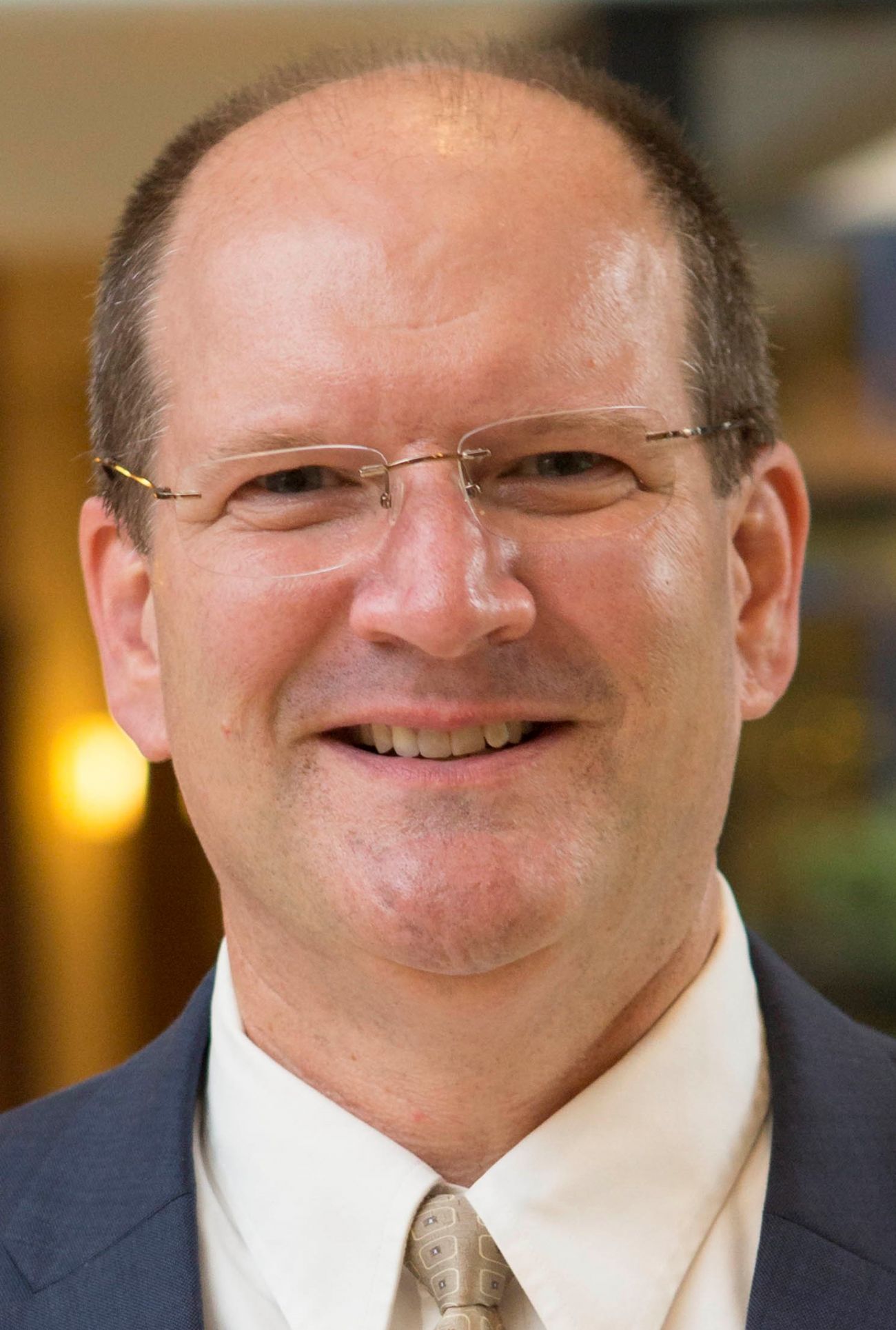Opinion | The primary election is over: Let’s talk about public health

Everyone has a policy issue they believe should be at the center of political campaigns. Jobs, schools, roads and health care seem to be the usual contenders, but let us propose an alternative that state and local leaders should be talking about:
Public health.
A report released today by the Citizens Research Council of Michigan looks at public health in Michigan. Much like infrastructure and public safety, public health benefits entire communities and has generally been a responsibility of state and local governments. The report finds that Michigan has failed to invest in these vital services, and ranks near the bottom among states in per-capita state funding for public health.
Many have an incomplete understanding of what is meant by “public health.” It does not refer to publicly financed health insurance.
Public health is the science of protecting and improving the health of people and their communities. Rather than simply treating illnesses or injuries when they occur, public health seeks to prevent them from happening in the first place. While medicine works to help people one at a time, public health works upstream to help entire populations. Moreover, public health relies on the understanding that health is not merely the absence of disease, but rather a state of complete physical, mental, and social well-being.
Average life expectancy has more than doubled since the mid-1800s (from 39 years to 79). While medical care looks to many like the obvious hero, around 80 percent of this improvement is due instead to improvements in public health – better nutrition and food safety, water treatment, sewage and garbage management, control of infectious diseases, injury prevention, and improved social conditions (like housing and neighborhood quality), as well as improvements in the public’s knowledge and understanding of health (e.g. the risks of smoking and benefits of healthy diet). All of these things fall under the umbrella of public health.
As the saying goes, an ounce of prevention is worth a pound of cure. The economic (and human) cost of stopping epidemics and preventing environmental catastrophes is lower than the cost of treating diseases and cleaning up messes once they’ve occurred. Successful investment in public health requires long-term planning and broad collaboration, factors hindered by the tendency of state policymakers toward short-term thinking and partisanship.
Like infrastructure and other services that Michigan has neglected, the bill for underfunding public health is coming due. Contaminants like PFAS, lead, 1,4-dioxane, and cyanotoxins (from harmful algal blooms) continue to threaten drinking water safety. Outbreaks of diseases like Hepatitis A (the worst in the U.S.), influenza, and measles have afflicted many Michiganders, and emerging disease threats like SARS, MERS, Ebola, and Zika, among others, provide reminders of how the public’s health can be imperiled by infectious diseases.
Michigan has experienced natural disasters in the form of tornadoes and flooding, as well as man-made disasters like the water emergency in Flint. Thankfully, we have not had to deal with an attack with a bioterrorism agent (e.g., anthrax, smallpox, or tularemia) or chemical weapon, which would require an equally swift public health emergency response. In each case, risk can be mitigated by advance planning.
Our neglect of public health also is evident in the wellbeing of Michigan’s citizens. Michigan has higher than average rates of infant mortality, smoking, and obesity. Prevalence of multiple chronic diseases also exceed national averages. Moreover, evidence suggests that gaps in health and well-being are increasing among the state’s diverse citizenry.
Pure Michigan is about more than the beautiful scenery found in abundance throughout our state. It is about having the governmental apparatus in place to protect our citizens from harm and treat them if they are harmed. It is about fostering and preserving an environment (natural and built, physical and social) that considers prevention and addresses the root causes of poor health.
Our desire to be competitive is boosted by an investment in public health, for it is a critical ingredient that precedes both educational success and workforce performance.
Some may question if Michigan can afford to invest in public health as it struggles to fund roads and schools; given the manifest, multitudinous threats to public health facing Michigan, it seems just as reasonable to ask if Michigan can afford not to.
See what new members are saying about why they donated to Bridge Michigan:
- “In order for this information to be accurate and unbiased it must be underwritten by its readers, not by special interests.” - Larry S.
- “Not many other media sources report on the topics Bridge does.” - Susan B.
- “Your journalism is outstanding and rare these days.” - Mark S.
If you want to ensure the future of nonpartisan, nonprofit Michigan journalism, please become a member today. You, too, will be asked why you donated and maybe we'll feature your quote next time!

